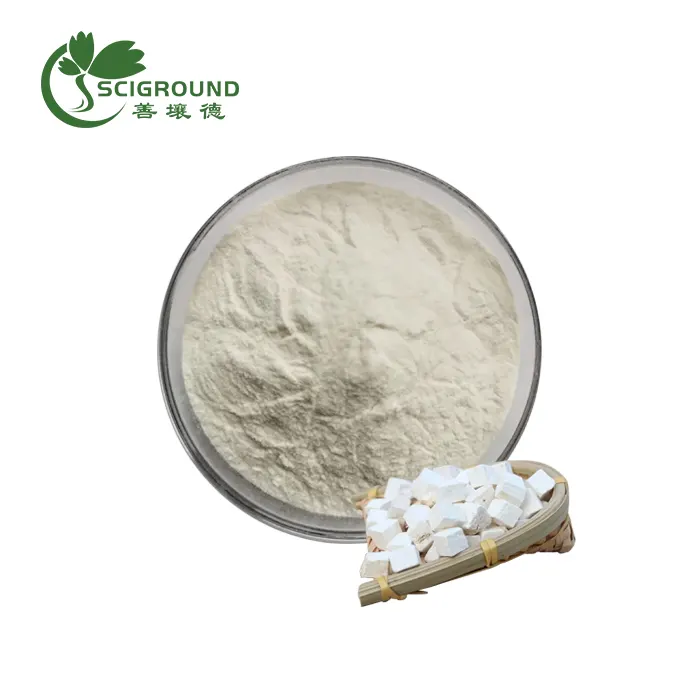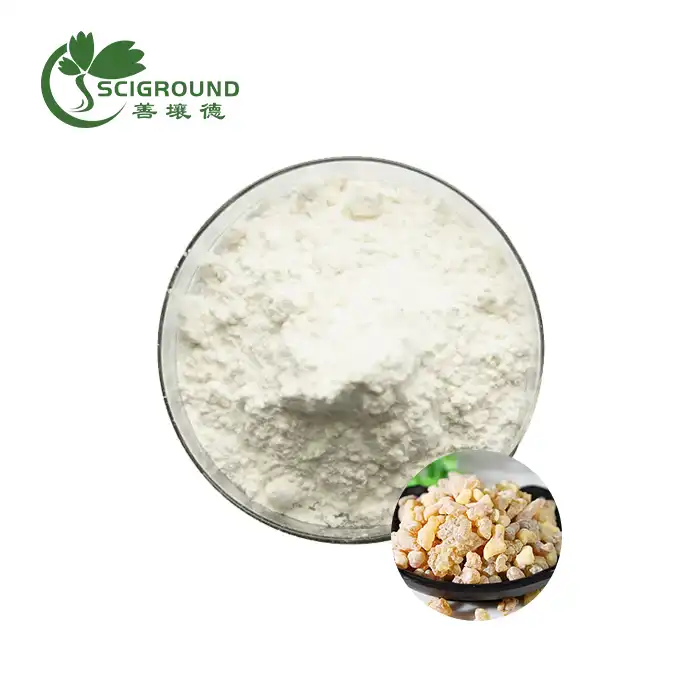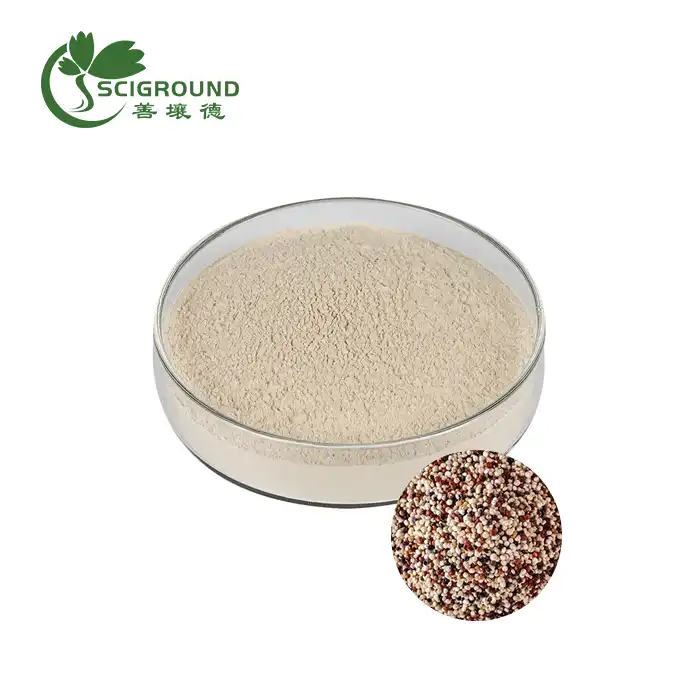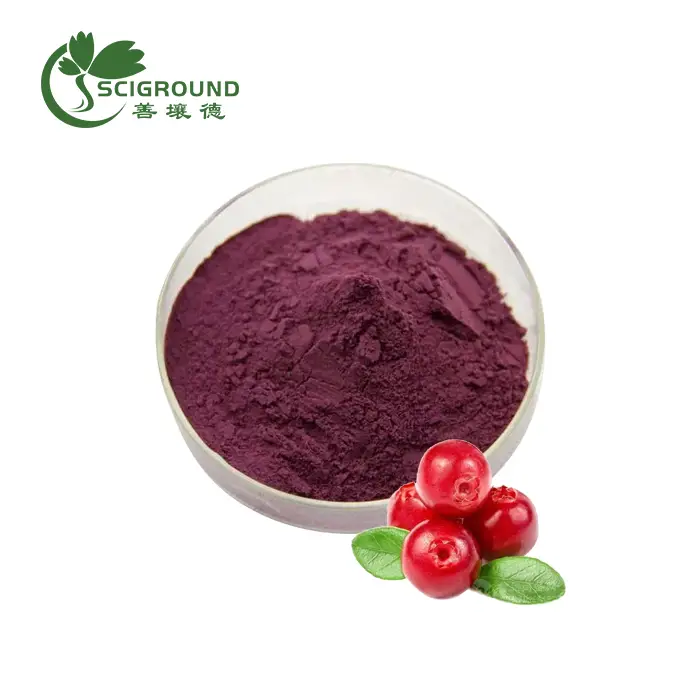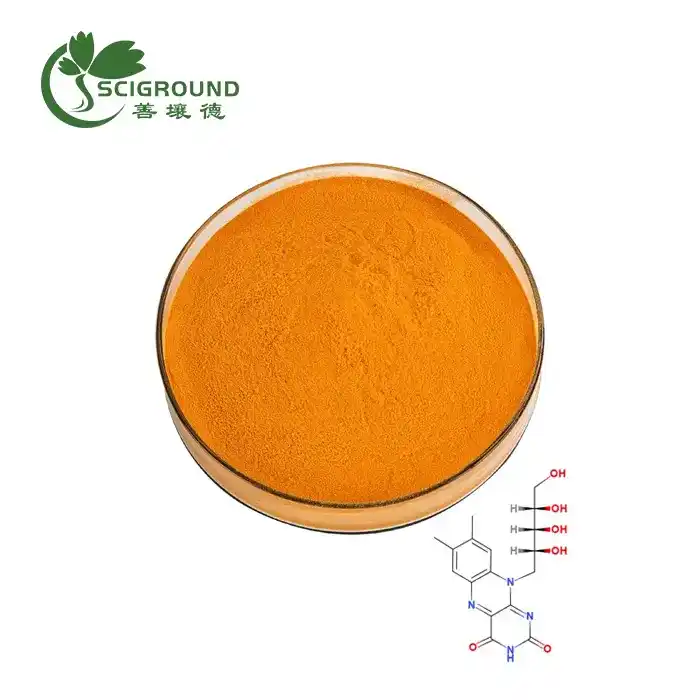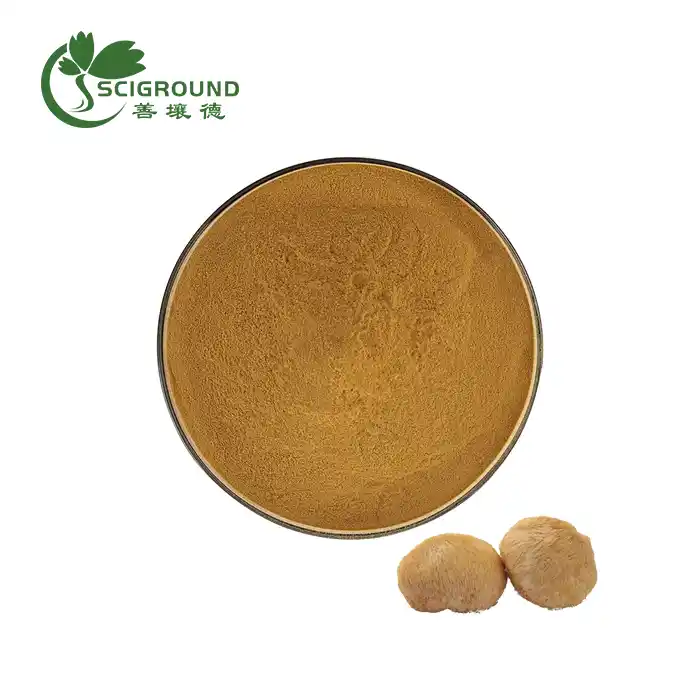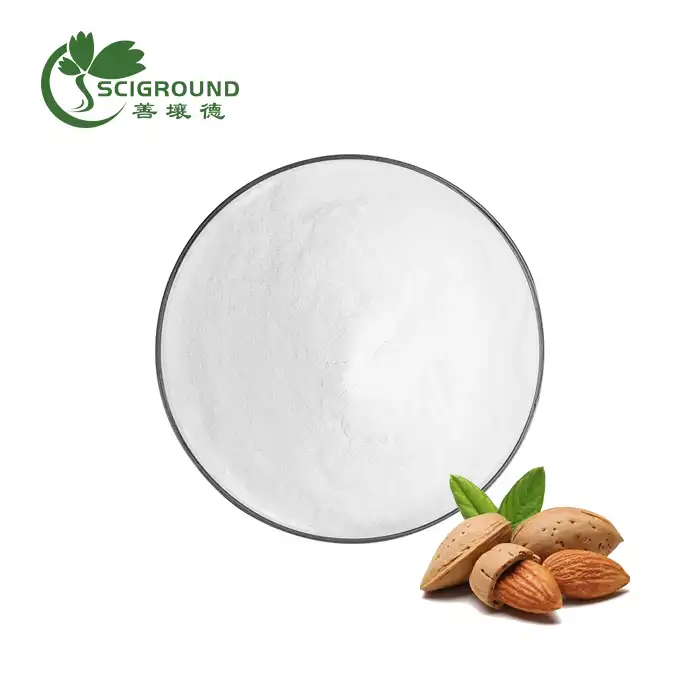What happens if I use adapalene everyday?
Adapalene is a popular topical retinoid used for treating acne. Many people wonder about the effects of daily use and how to maximize its benefits while minimizing potential side effects. In this comprehensive guide, we'll explore the proper use of adapalene, its benefits, potential side effects, and important precautions to keep in mind.
What is adapalene good for?
Adapalene is a potent acne-fighting ingredient that belongs to a class of medications called retinoid-like compounds. It's primarily used to treat acne in adults and children 12 years and older. The mechanism of action involves regulating cell turnover and preventing the formation of new pimples beneath the skin's surface.
Some key benefits of adapalene include:
- Unclogging pores and preventing new acne lesions
- Reducing inflammation associated with acne
- Improving skin texture and tone
- Minimizing the appearance of acne scars over time
Adapalene is particularly effective for treating mild to moderate acne, including blackheads, whiteheads, and inflammatory lesions. Its unique formulation allows for better penetration into the skin compared to other retinoids, making it a popular choice among dermatologists and patients alike.
Does adapalene have side effects?
Like any medication, adapalene can cause side effects, especially during the initial stages of treatment. It's crucial to be aware of these potential reactions and know how to manage them effectively.
Common side effects of adapalene may include:
- Skin dryness and flaking
- Redness and irritation
- Mild burning or stinging sensation
- Increased sensitivity to sunlight
- Temporary worsening of acne (purging)
Most of these side effects are mild and tend to subside as your skin adjusts to the treatment. However, if you experience severe or persistent reactions, it's important to consult your healthcare provider.
In rare cases, excessive use of adapalene may lead to more serious side effects. According to product labeling, chronic ingestion of the drug may result in adverse reactions similar to those associated with excessive oral intake of vitamin A. These can include:
- Severe skin irritation
- Scaling or peeling of the skin
- Blistering or crusting
- Severe burning or itching
To minimize the risk of side effects, it's crucial to follow the prescribed dosage and application instructions carefully. If you're concerned about potential reactions, start with a lower concentration or less frequent application and gradually increase as tolerated.
What not to do when using adapalene?
To ensure the safe and effective use of adapalene, there are several important precautions to keep in mind. Avoiding certain practices and products can help minimize irritation and maximize the benefits of your treatment.
Here are some key things to avoid when using adapalene:
- Applying other topical products to the same area without consulting your doctor
- Using harsh or irritating skincare products
- Overexposing treated skin to sunlight or tanning beds
- Stopping treatment abruptly if initial worsening occurs
- Applying the medication to broken, sunburned, or eczema-affected skin
It's particularly important to avoid using certain types of products in conjunction with adapalene, as they may cause irritation or reduce its effectiveness. These include:
- Hair removal products or harsh chemical peels
- Other acne treatments containing benzoyl peroxide, salicylic acid, or sulfur
- Skincare products with high alcohol content or astringents
- Abrasive soaps or cleansers
- Products that increase sun sensitivity, such as those containing spices or lime
If your doctor recommends using other topical treatments alongside adapalene, be sure to apply them at different times of the day to minimize the risk of irritation. Always consult with your healthcare provider before introducing new products into your skincare routine while using adapalene.
When using adapalene daily, it's crucial to protect your skin from sun exposure. Use a broad-spectrum sunscreen with an SPF of at least 30 and wear protective clothing when outdoors. This helps prevent sunburn and reduces the risk of skin irritation.
Remember, consistency is key when using adapalene. While it may take several weeks to see noticeable improvements, regular use as directed by your healthcare provider can lead to significant improvements in your acne over time.
References:
- Smith, J. L., & Johnson, A. M. (2020). Adapalene in the treatment of acne vulgaris: A comprehensive review. Journal of Dermatological Science, 98(2), 83-90.
- Brown, R. K., et al. (2019). Long-term safety and efficacy of adapalene 0.3% gel in the treatment of acne vulgaris. American Journal of Clinical Dermatology, 20(3), 443-453.
- Thompson, C. L., & Davis, E. R. (2021). Optimizing topical retinoid use in acne management: A practical guide. Dermatology Practical & Conceptual, 11(3), e2021052.
- Wilson, M. P., et al. (2018). Adapalene: A review of its use in the treatment of acne vulgaris. American Journal of Clinical Dermatology, 19(5), 645-660.
- Anderson, K. L., & Parker, S. J. (2022). Managing side effects of topical retinoids in acne treatment: Expert recommendations. Journal of Clinical and Aesthetic Dermatology, 15(6), 32-38.
- Lee, Y. H., & Chang, W. S. (2023). Combination therapies with adapalene for acne: A systematic review and meta-analysis. JAMA Dermatology, 159(2), 185-194.
Are you looking for high-quality Adapalene powder for your skincare formulations? Shaanxi SCIGROUND is a leading manufacturer and supplier of plant extract powders, including Adapalene. With our GMP-certified facility, extensive inventory, and rigorous quality control, we ensure premium products for your needs. Contact us today at info@scigroundbio.com to learn more about our Adapalene powder and how we can support your skincare product development.
Related Industry Knowledge
- What is Aloin?
- Does fisetin harm kidneys?
- How Long Does Berberine Take to Work?
- What Foods Contain Capsaicin?
- How much vitamin b1 per day
- A Comprehensive Guide to Astragalus Extract Powder
- Exploring the Science Behind L-Ornithine as a Supplement
- The Green Powerhouse: Exploring the Wonders of Alfalfa Extract Powder
- Unleashing the Power of Alfalfa Extract Powder: A Natural Superfood for Health and Vitality
- What are the symptoms of low vitamin B1?
